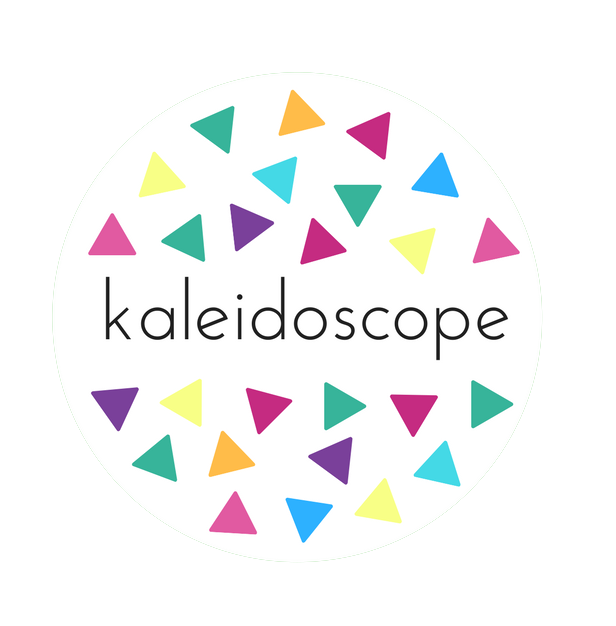Committee member Jess blogs for Asexuality Awareness Week:
Telling people I’m asexual is a bit like telling them I don’t like chocolate.
“What?” They’ll say with disbelief, sometimes with an awkward little laugh. “Everyone likes chocolate. It’s lush. How can you live without chocolate?”
“Easily”, I reply, shrugging. “It just isn’t something I want or enjoy.”
Now, to clarify, I love chocolate – but I do think there are similarities to be drawn between something that is – generally – considered universally loved and the expectation that everyone also wants, or loves, sex. There’s a similar sort of bemusement around the idea that someone could live without it, could actually find it unpleasant, inevitably inviting a wide range of unsolicited opinions from whether you really dislike it or in reality just haven’t found the right person (indeed, the right ‘flavour’). I’ve lost friends over it; some refused to accept that asexuality is a real identity, others actually thought it was ‘curable’ under the right circumstances.
I can confidently say that it is real, and that I, and millions of others like me, aren’t in need of ‘curing’. I knew I was ace (the abbreviated term) from a very young age, just didn’t have the vocabulary to explain it. I understood that while friends had no problem expressing their sexual desires towards film and TV stars, I found myself struggling to play along just to feel included – making dirty jokes, confessing my attraction towards celebs – when in reality, I felt… nothing. Worse than nothing, actually – I felt repulsed by the idea of sex, and (at the time) couldn’t put into words why or how I didn’t feel the compulsions others did.
For a long time, right through my teens and into my early twenties, I thought I must be broken. Why couldn’t I feel the same way as my peers about sexual attraction? Why, when seeing someone attractive, didn’t I get that rush, that spark? Why did I feel so uncomfortable whenever close friends described their sexual preferences? Was I going to be like this forever? What would my parents think if they knew I wouldn’t be giving them grandkids any time soon… or ever? I felt overwhelmed by the idea that something was inherently wrong with me, which only exacerbated my confusion and loneliness.
Sadly, my story isn’t unique. Countless people identifying as ace have had similar or identical experiences and feelings coming to terms with their asexuality. Mine was, I think fortunately, tied to my queerness – around the same time I started to accept the idea that I was asexual, I also came to terms with being a lesbian. These identities, while distinctive, merged into a comfortable ‘otherness’ that I embraced, particularly after discovering others like me within the LGBTQ+ community and after receiving support from my parents and close friends. However, I’m certainly one of the lucky ones: according to an article from aceweek.org published in October 2020: “Until 2013, any lack of sexual desire was considered a disorder by the primary guide used by healthcare providers to define and classify mental disorders—the Diagnostic and Statistical Manual of Mental Disorders (DSM) created by the American Psychiatric Association (APA)”. This was just nine years ago, and while perceptions of asexuality have started to change, it is still considered by many to be a mental illness in need of ‘fixing’. Is it any wonder then that so many of us still feel ostracised, alienated and unseen?
Asexuals make up just 2% of individuals living in the UK aged 16 and over, per the 2017 National LGBT Survey. That same survey shows, however, that our life satisfaction is the lowest among cis-identifying queer people; life satisfaction was rated 5.9/10 overall for ace respondents (compared to the 7.7 UK average) and, incredibly, we were found to be the least comfortable within LGBTQ+ spaces at 49%. Furthermore, 89% of asexual respondents said that they “had avoided being open about their sexual orientation for fear of a negative reaction”. I’ve had asexual friends confirm this to me, citing all sorts of reasons: from fear of parental backlash to wanting to ‘fit in’ with their friend groups and family, to not wanting to admit to themselves that they might be different from what society expects of us.
There is still so much more progress to be made in terms of education about asexuality, as well as our representation in the media. I get so excited when discovering a new show, book or art with a thoughtful and expressive asexual character (singular; we’re not quite at the plural stage, yet!), and it does give me hope that younger asexuals within the LGBTQ+ community might grow up with a much better sense of who they are. For Asexuality Awareness Week, I think more than anything I’d like us to have more conversations with our LGBTQ+ friends, family and allies; share our stories with them, educate them – and not be afraid to stand firmly in our truth if confronted with doubt, or anger.
That’s the ideal, anyway. Barring that, what I’d really like is a big bar of chocolate.
Respond
